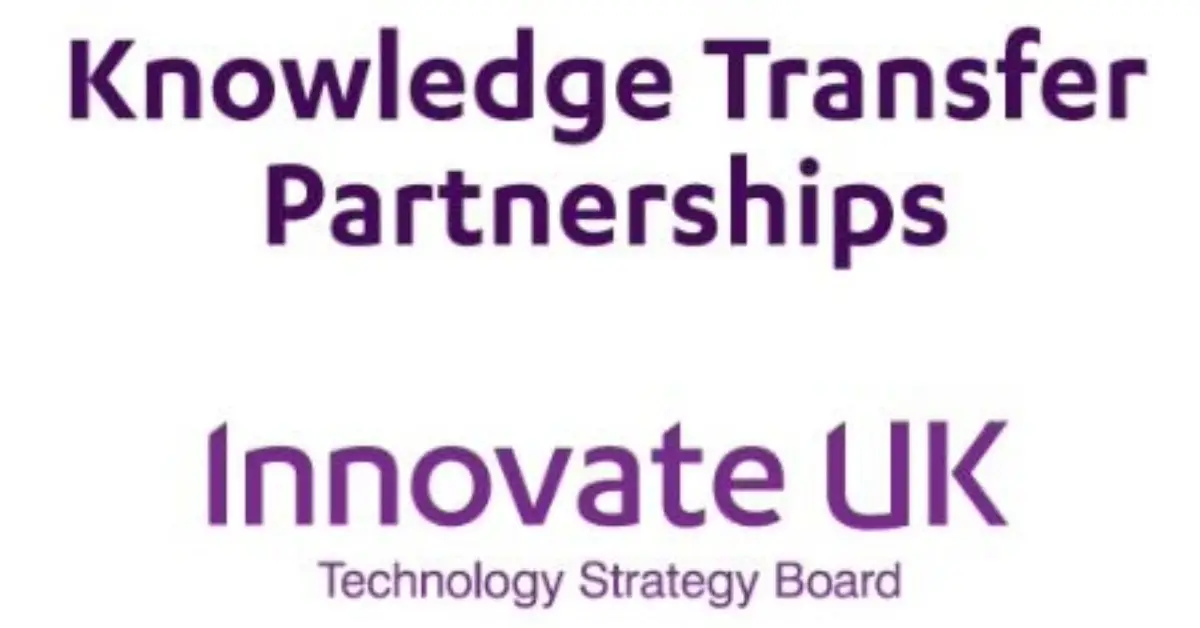The Digital Operational Resilience Act (DORA) aims to strengthen the resilience of companies in the European Union (EU). But what about UK companies? Although the UK is no longer part of the EU, understanding DORA is still crucial. This blog will explore DORA and its implications for UK businesses.
What is the Digital Operational Resilience Act (DORA)?
DORA is a regulatory framework developed by the EU. Its goal is to ensure that financial entities can withstand, respond to, and recover from all types of ICT-related disruptions and threats. The regulation covers a wide range of entities, including banks, investment firms, and insurance companies.
Key Components of DORA
1. ICT Risk Management
DORA emphasizes the importance of managing ICT risks. Companies must identify and assess risks, implement protective measures, and establish response and recovery strategies. Regular testing and updating of these measures are also required.
2. Incident Reporting
Under DORA, companies must report significant ICT-related incidents to competent authorities. This helps in understanding the nature of threats and improving overall resilience.
3. Digital Operational Resilience Testing
DORA mandates regular testing of digital operational resilience. This includes vulnerability assessments, penetration testing, and scenario-based testing. These tests help identify weaknesses and improve the overall security posture.
4. ICT Third-Party Risk Management
Companies often rely on third-party providers for ICT services. DORA requires companies to manage these third-party risks effectively. This includes due diligence, contractual arrangements, and continuous monitoring of third-party performance.
5. Information Sharing
DORA encourages information sharing among companies and authorities. Sharing threat intelligence and best practices helps in building a collective defense against cyber threats.
Why Should UK Companies Care About DORA?
Although the UK is not bound by EU regulations post-Brexit, UK companies still need to pay attention to DORA. Here’s why:
1. International Operations
Many UK companies operate internationally, including within the EU. Compliance with DORA becomes essential to continue operations in the EU market. Non-compliance could lead to legal and financial repercussions.
2. Benchmark for Best Practices
DORA sets a high standard for digital operational resilience. UK companies can use DORA as a benchmark to improve their own ICT risk management practices. Adopting these best practices can enhance overall resilience.
3. Regulatory Alignment
The UK has its own regulations for cyber resilience, like the Financial Conduct Authority (FCA) guidelines. Aligning with DORA can help in staying compliant with both UK and EU regulations. This dual compliance ensures smoother operations across borders.
How Can UK Companies Prepare for DORA?
Preparation is key to meeting the standards set by DORA. Here are some steps UK companies can take:
1. Conduct a Gap Analysis
Identify the gaps between current practices and DORA requirements. This analysis helps in understanding what needs to be improved and the resources required.
2. Strengthen ICT Risk Management
Implement robust ICT risk management frameworks. This includes risk identification, assessment, and mitigation strategies. Regularly update these frameworks to address evolving threats.
3. Enhance Incident Reporting
Develop clear incident reporting protocols. Ensure that all significant ICT-related incidents are reported promptly. This helps in learning from incidents and improving resilience.
4. Regular Testing
Conduct regular digital operational resilience tests. This includes vulnerability assessments, penetration tests, and scenario-based tests. Use the results to strengthen defenses.
5. Manage Third-Party Risks
Implement effective third-party risk management practices. Conduct due diligence before engaging third-party providers. Monitor their performance continuously to ensure compliance with security standards.
6. Foster Information Sharing
Participate in information-sharing initiatives. Share threat intelligence and best practices with other companies and authorities. Collaboration enhances collective defense against cyber threats.
The Future of Digital Operational Resilience
The digital landscape is constantly evolving. New technologies and threats emerge regularly. Staying resilient requires continuous effort and adaptation. DORA is a step towards building a more secure digital environment. However, companies must stay vigilant and proactive.
Emerging Technologies
Technologies like artificial intelligence, machine learning, and blockchain are transforming the digital landscape. These technologies offer new opportunities but also pose new risks. Companies must understand and manage these risks effectively.
Regulatory Developments
Regulations will continue to evolve. Companies must stay updated with regulatory changes and ensure compliance. This requires continuous monitoring of regulatory developments and adapting practices accordingly.
Cyber Threats
Cyber threats are becoming more sophisticated. Companies must invest in advanced security measures and stay updated with the latest threat intelligence. Continuous improvement of security practices is essential to stay ahead of threats.
The Digital Operational Resilience Act is a significant step towards enhancing digital resilience. Although it is an EU regulation, its implications extend beyond the EU. UK companies must understand and prepare for DORA to ensure smooth operations and compliance. By adopting DORA’s best practices, UK companies can enhance their digital operational resilience and build a more secure digital environment.




